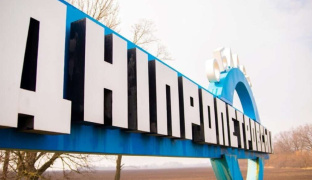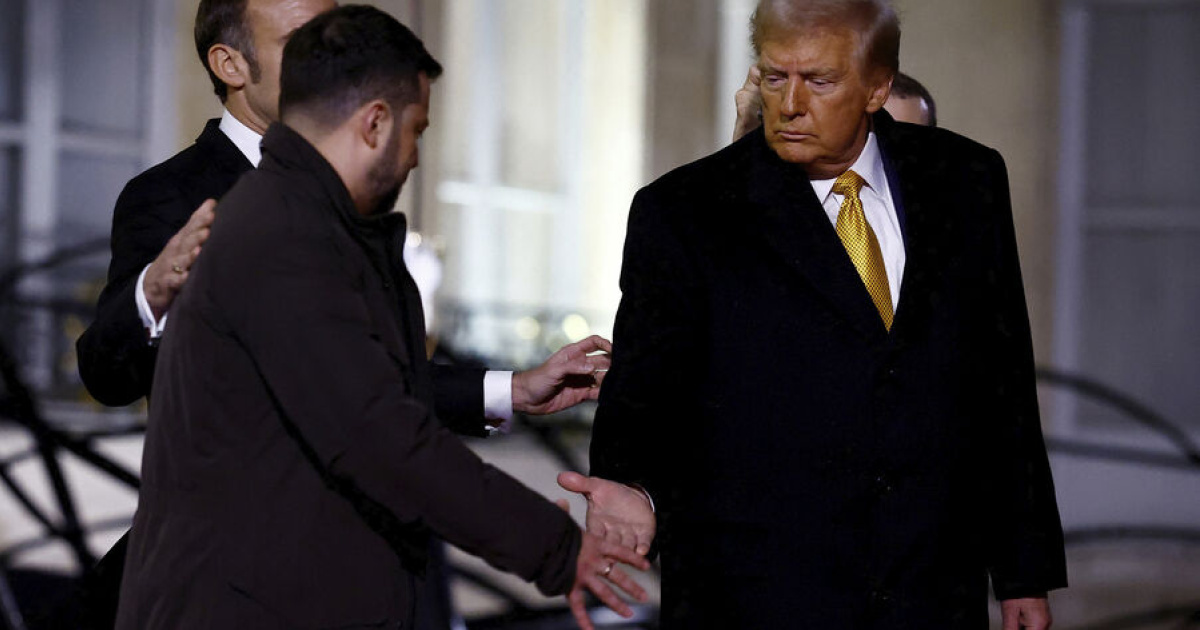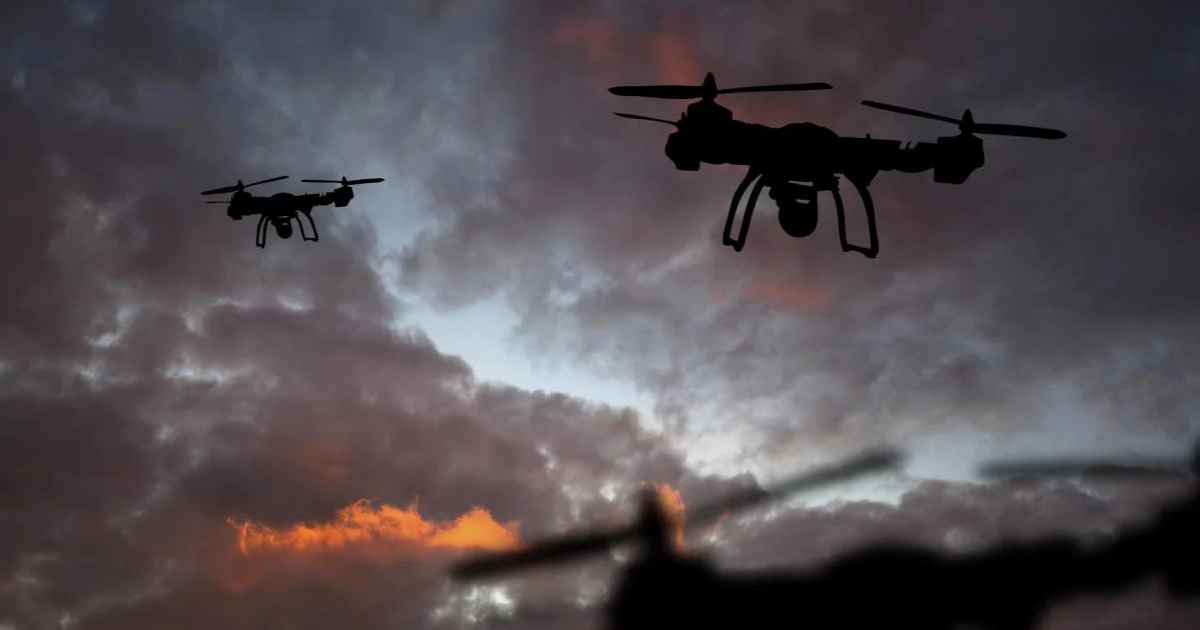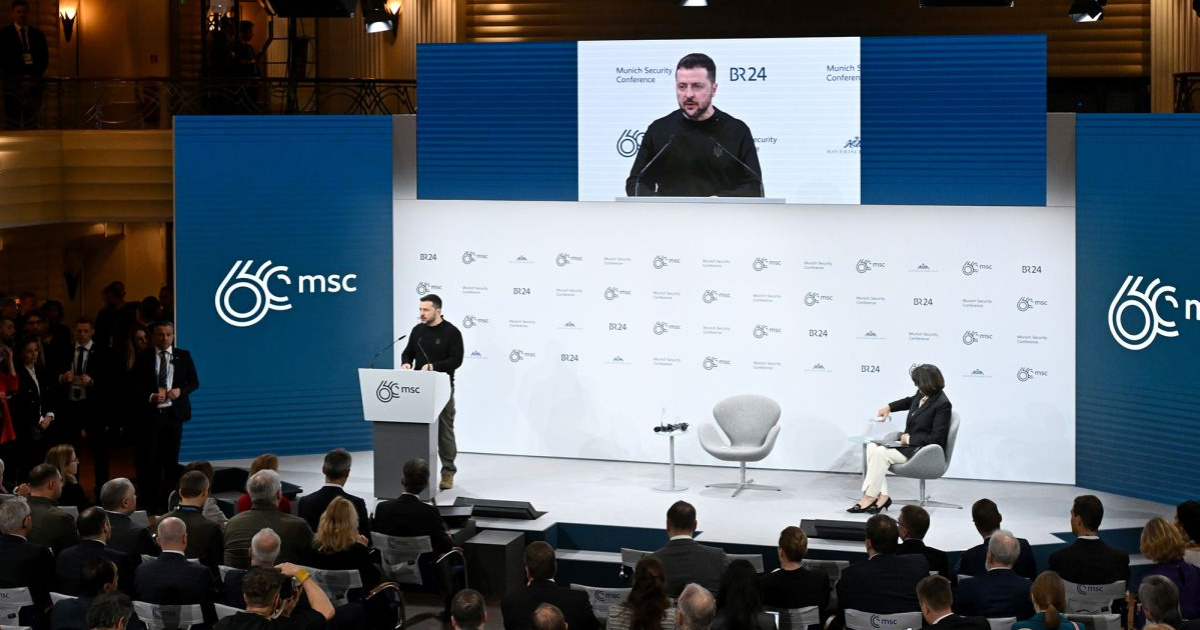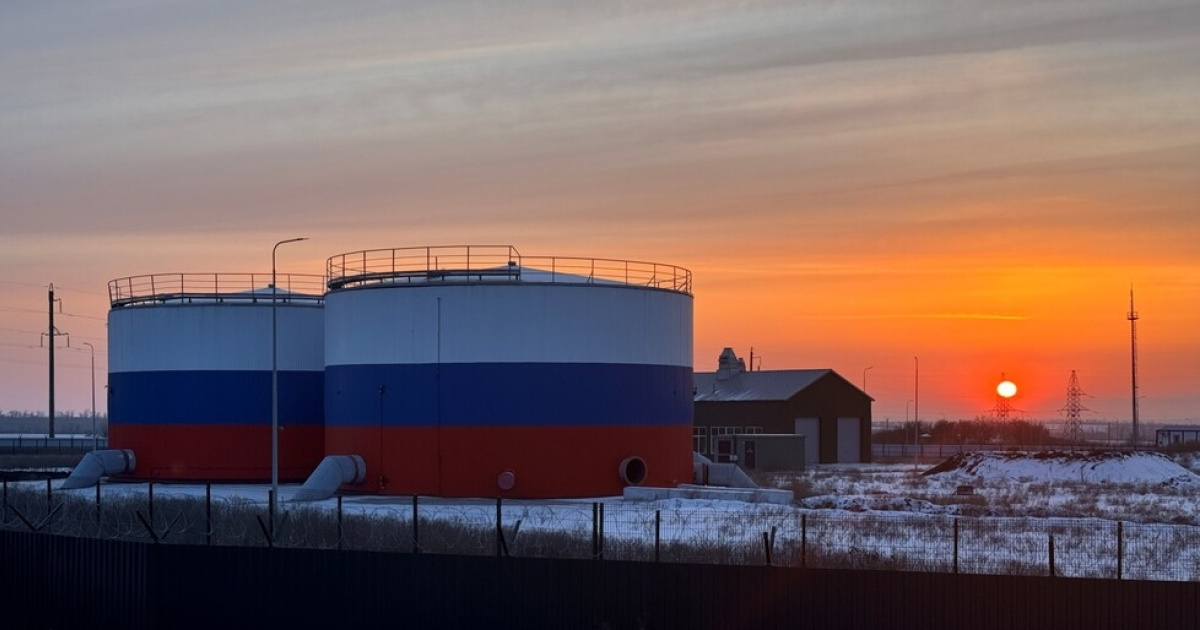The failure of the "military solution of the Ukrainian issue" leaves putin and his entourage nothing else but to rely on the notorious "General Frost".
This is the same mythical "general" to whom the French troops lost the war of 1812 in russia, according to Napoleonic historians. In their works, they argued that the reason for the defeat was not the military talent of Field Marshal Kutuzov... but the russian winter, which was too harsh for the French.
More than 200 years later, prominent military Wehrmacht leaders also pointed out in their memoirs that they lost the battle of moscow in 1941 not to Marshal Zhukov, but to the same "General Frost".
The inconsistency of these statements has been proven by numerous historical studies. But, as we know, a drowning man will clutch at a straw. Basically, he has no other choice.
The kremlin has found itself in the same situation, hence the appeal to historical mythology with futile attempts to use it in a modern way.
Gas scare for the EU
At the end of August, Reuters cited sources close to the russian leadership, that they hope to use super high gas prices to force European leaders to make Ukraine sign peace agreement on moscow's terms.
Kremlin strategists believe that the closer the coldest season is, the more nervous EU countries will become against the backdrop of insane gas prices.
The russian media with undisguised gloating rushed to report that the European price of gas reached the sky-high point of $3,500/1,000 m3 already at the end of August.
"It's going to be a difficult winter for Europeans. We may face protests and riots. Some European leaders may think twice about continuing to support Ukraine and may decide it's high time for a peace agreement. We’ll wait and see", - the source told Reuters.
There are several important nuances here. The price of $3,500/1,000 m3 reported by the media is not the real selling price of gas, but a quote on the London ICE futures exchange.
Therefore, the headlines "Gas prices reached $3,500 in Europe" are incorrect at the very least. First of all, ICE Future is an exchange. A platform for financial speculation. It is not Europe.
Secondly, what is a quote? This is the amount that the seller is asking for (and it is not guaranteed that there will be a buyer for such a price). Moreover, in this case, it is not gas seller like the German EON concern, and not gas producer like Gazprom or Shell who is asking for that amount. It is important to understand that a futures contract is just a tool for stock speculation.
Subsequently, this futures contract can be repeatedly resold for a higher or lower price by exchange market participants. They either earn or lose on this resale. Therefore, these papers have nothing to do with the real situation in the gas market.
When it comes to contracts between real gas traders and producers (on which the final cost of gas for consumers, industrial enterprises and the population depends), quotes serve only as a kind of conditional benchmark. Simply put, the price under real gas contracts (especially long-term ones) can be several times lower than futures prices.
Nevertheless, such speculations cause outright harm to the market. That is why more than a year ago the National Development and Reform Commission (the highest body of economic management in the PRC) declared war on stock speculation with iron ore prices, accusing local stockbrokers of "foul play" with futures.
At the same time, a number of administrative decisions were made to prevent further fraud (tough fines were introduced). It is clear that the time has come for the European Commission and the government of the UK (which left the EU) to study the Chinese experience in dealing with such phenomena.
From this it follows that the series of fibs coming from russia about the upcoming cold winter for Europeans is, first of all, an attempt at psychological pressure on European politicians and the European public.
To put it simply, they are trying to scare Europe. The same can be said about the decline in russian gas supplies to the EU, which were recorded throughout August (and created grounds for futures speculators).
Operation "Turn It Down-2"
Previously, the russian federation has already resorted to this method. In 2018, Gazprom limited its gas supply to the EU by 20%, thus trying to obtain the necessary decision of the Stockholm Arbitration in a dispute with Naftogaz of Ukraine.
The answer to these actions was the Naftogaz campaign for household gas savings called "Turn It Down". Everyone remembers how it ended. Ukrainians and Europeans did not freeze in winter. Factories and plants did not stop due to the lack of gas.
But Gazprom lost the arbitration. The same should be expected this winter if some particularly sensitive European politicians do not lose their composure.
Earlier, OstroV covered the main points of the report prepared by experts from Yale University (USA), one of the world's most authoritative institutions in the field of economics.
The report notes that in the gas sector, russia is much more dependent on the EU than vice versa.
One simple question emerges: is russia ready to lose 83% of its gas revenues, which give half of all receipts in its budget?
The question is rhetorical because the answer is too obvious. In the context of severe international sanctions and a catastrophic deterioration in the economy due to them, it is definitely not ready for that.
As noted in the previously mentioned report, Gazprom has no way to redirect its resource from the European to the Asian market. And we must also take into account that russia's position in international markets continues to deteriorate.
A vivid example of this is the refusal of one of the leaders of the Chinese automobile industry, the Chery Auto Motors concern, to create a joint venture (JV) based on the Ulyanovsk Automobile Plant. This was reported by russian media at the end of August.
According to them, the reason for the refusal was international sanctions against the UAZ plant. Moreover, the agreements on the creation were made at the highest level: during a personal meeting between putin and Chinese President Xi Jinping. However, it was at the beginning of February.
But in early June, UAZ was put on the sanctions list of the United States Department of the Treasury. The Chinese eventually decided not to affiliate themselves with the "lepers" in order not to worsen their own car sales in foreign markets, including the American one. For them, it is much more important than the russian one.
The continued work of the US to create a cartel of the largest buyers of russian oil is also worth noting. The point is that its participants will purchase oil from the russian federation at set prices (slightly higher than the cost of its production, as US Treasury Secretary Janet Yellen specified).
That is, russians will be able to sell oil on foreign markets, but they will not be able to receive an export income. Negotiations on this issue are ongoing mainly with India, which has become the main buyer of the russian oil due to the refusal of European companies from it.
Visits of Washington high-ranking officials to Delhi are planned for the near future to discuss conditions.
It is obvious that the curtailment (against the backdrop of sanctions) of cooperation between global oil producers and traders with Nayara Energy, the second largest Indian oil refinery, should encourage the Indians.
As it turned out at the end of August, such giants as the Swiss concern Glencore, the French Total, the Norwegian Equinor and the Spanish Repsol were among those who stopped supplying resources to Nayara.
Therefore, one can predict with cautious optimism (for Ukraine) that the creation of an anti-russian oil cartel may happen by the end of the year. It is a matter of time.
There is simply no more reliable way to commit suicide for the russian economy than to stop supplying gas to the EU against the backdrop of the threat of a complete loss of income from oil exports. Therefore, now the putin regime has no choice but to scare the Europeans with a cold winter.
Vitaliy Krymov, OstroV
